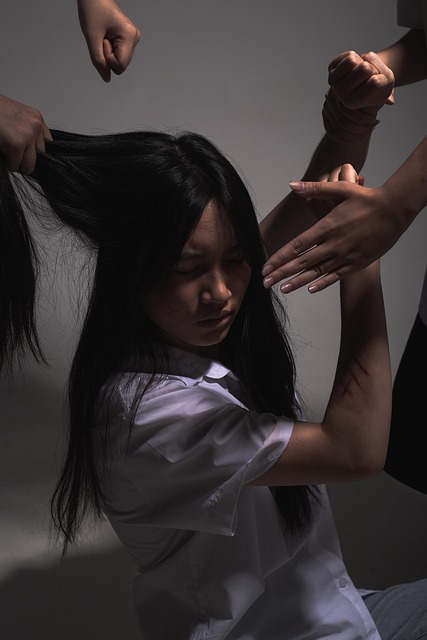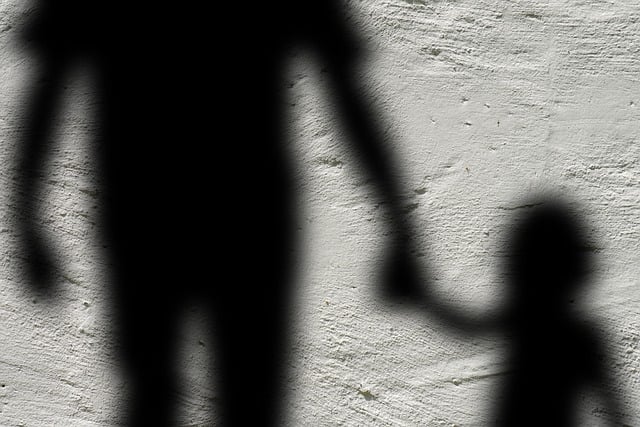Survivors of abuse at Agape Boarding School face long-term emotional struggles, often due to systemic trauma including physical, emotional, or sexual assault and neglect. Healing requires tailored therapy, group support, and specialized programs to process complex emotions, rebuild self-esteem, and develop healthy coping mechanisms. Accessing resources like NAESV helplines, local support groups, online platforms (e.g., Surviving Agape), legal aid from specialized attorneys, and mental health services is crucial for both justice and long-term recovery.
“Many survivors of Agape Boarding School abuse bear the lasting impact of their traumatic experiences. This article offers a comprehensive guide to resources tailored for these victims, focusing on healing and recovery. We explore ‘Understanding the Impact’ of such abuse, highlighting steps towards recognition and healing. Additionally, we provide an extensive list of ‘Supportive Resources’ where survivors can find help and community. Furthermore, our section on ‘Legal and Psychological Steps’ offers guidance on navigating justice and ensuring long-term recovery for Agape Boarding School abuse victims.”
- Understanding the Impact: Recognizing and Healing from Agape Boarding School Abuse
- Supportive Resources: Where Survivors Can Find Help and Community
- Legal and Psychological Steps: Navigating Justice and Long-Term Recovery for Victims
Understanding the Impact: Recognizing and Healing from Agape Boarding School Abuse

Many survivors of Agape Boarding School abuse may still be grappling with the aftermath of their experiences years later. It’s crucial to understand the profound impact such an environment can have on individuals, particularly on their emotional and psychological well-being. The trauma associated with boarding school abuse is unique, often involving systemic issues like physical, emotional, or sexual assault, neglect, and the erosion of trust in authority figures.
Healing from Agape Boarding School Abuse involves a comprehensive approach. Survivors may benefit from accessing therapeutic support tailored to address their specific needs. This could include individual therapy, group counseling sessions, or specialized programs that help process complex emotions, rebuild self-esteem, and develop healthy coping mechanisms. Recognizing the impact of their past experiences is an essential step towards recovery, allowing victims to reclaim their agency and begin the journey of healing and personal growth.
Supportive Resources: Where Survivors Can Find Help and Community

For those who have experienced abuse at the hands of Agape Boarding School, finding supportive resources is a critical step on the path to healing and recovery. Many organizations and communities are dedicated to providing help and creating safe spaces for survivors. One such resource is National Association to End Sexual Violence (NAESV), which offers a helpline (800-656-4673) staffed by trained professionals who can provide immediate support, information, and guidance. Additionally, local support groups facilitated by peers who have gone through similar experiences can offer a sense of community and shared understanding.
Online platforms like Surviving Agape or Agape Boarding School Abuse Victims Support Group on social media serve as digital safe spaces where individuals can connect, share their stories, and find validation. These groups also organize awareness campaigns, advocacy efforts, and fundraising initiatives to bring attention to the issues faced by abuse survivors. Through these resources, individuals can tap into a network of support that extends beyond geographical boundaries, fostering a sense of belonging and empowering them on their journey towards healing and personal growth.
Legal and Psychological Steps: Navigating Justice and Long-Term Recovery for Victims

Legal and Psychological Steps: Navigating Justice and Long-Term Recovery for Victims
For Agape Boarding School abuse victims, seeking justice and healing is a crucial step in their recovery journey. The first legal action many survivors take is filing a lawsuit against the institution and those involved to hold them accountable for the harm inflicted. This process can be complex, but it’s essential to document all experiences and seek advice from experienced attorneys specializing in educational abuse cases. Gathering evidence, contacting witnesses, and understanding legal options are vital steps before initiating any legal proceedings.
Psychological support is equally indispensable alongside legal actions. Survivors should access mental health services to address the long-term emotional impact of their experiences. Therapists who specialize in trauma recovery can help process feelings, rebuild self-esteem, and develop coping mechanisms. Support groups for Agape Boarding School abuse victims also offer a safe space to share stories, gain insights from others’ journeys, and foster a sense of community during the healing process.
For those who have experienced abuse at Agape Boarding School, healing is a journey that requires understanding, support, and access to valuable resources. This article has explored the profound impact of such traumatic experiences and offered guidance on navigating legal and psychological paths to recovery. Survivors are encouraged to connect with supportive communities, seek professional help, and take proactive steps towards justice. Remember, healing is possible, and by utilizing available resources, Agape Boarding School abuse victims can find strength, closure, and a brighter future ahead.
